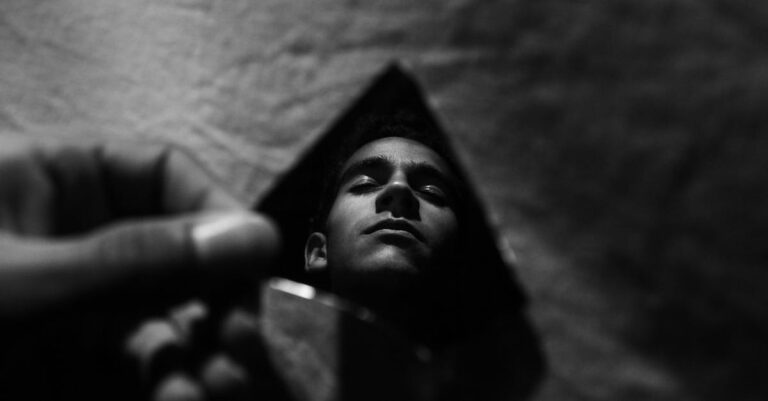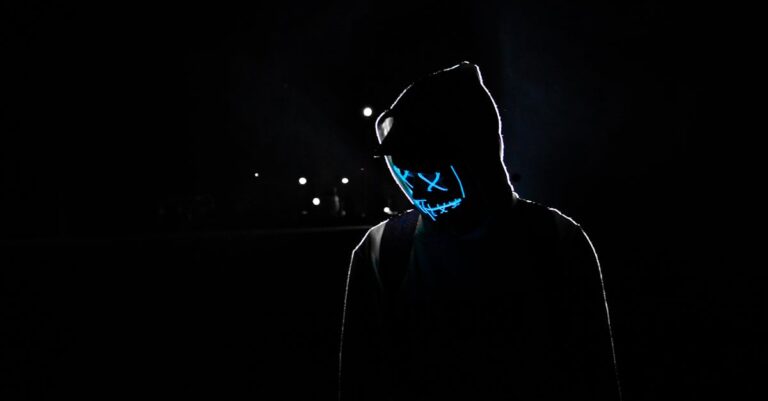
The first memory came as a flicker of light, a ghost of warmth against the sterile cold of the chamber. Marcus blinked, his vision swimming as the air around him thickened, heavy with the metallic tang of antiseptic and something older—burnt copper, like rusted pipes in a forgotten building. His fingers twitched against the steel table, the surface biting into his palms. He wasn’t sure how long he’d been here, only that the walls had always been this color: a pale gray that refused to hold any shade, as if the paint itself had been drained of life.
A voice cut through the silence, sharp and clinical. “Subject 17. Report.” Marcus turned his head slowly, his neck stiff, and saw the woman in the white coat standing at the far end of the room. Her face was smooth, unlined, but her eyes were cold—gray like the walls, unreadable. She didn’t look at him. Instead, she gestured to the device on the table beside him, a curved panel of black glass that pulsed faintly, like a dying star.
“I… I don’t know,” Marcus said. His voice felt foreign, too low, too rough. He cleared his throat, but the sound didn’t echo. It simply vanished, swallowed by the silence.
The woman tilted her head, as if considering him. “You are experiencing memory fragments. This is expected.” She stepped closer, her boots clicking against the floor. “Do you remember anything?”
Marcus opened his mouth, then closed it. The word “no” felt too heavy, too final. Instead, he thought of the flicker again—the warmth, the strange clarity of it. A kitchen? A woman laughing? He couldn’t grasp it, but it lingered at the edges of his mind, like a half-remembered dream.
“I think I saw something,” he said finally. “A room. A woman.”
The woman’s expression didn’t change. “Describe it.”
Marcus frowned, trying to pull the image back. “It was… bright. Too bright. Like the light was pushing against my eyes. And the air—smelled like roses, but not real ones. Artificial.” He hesitated. “She was… smiling. But it didn’t feel right. Like she wasn’t really there.”
The woman’s lips pressed into a thin line. “You are not the first to report this. The subject’s memories are unstable. They resist integration.” She turned away, her coat swishing as she walked. “We will begin the next phase tomorrow. Be ready.”
Marcus watched her go, his pulse quickening. The room felt smaller now, the air thicker. He flexed his fingers, trying to shake the unease crawling up his spine. Something was wrong. Not just with the experiment, but with him.
That night, the memories came in waves.
He was standing in a hallway, the walls painted a dull green that seemed to swallow the light. The air smelled of mildew and old wood. A door stood open ahead, revealing a room lit by a single bulb. Inside, a man sat at a desk, hunched over papers. His face was obscured, but Marcus could hear him—murmuring, low and broken, like a prayer. The sound echoed in Marcus’s skull, not in his ears.
Then the scene shifted. He was in a car, the engine roaring, the wind whipping through the open window. A woman’s voice shouted something, but the words were muffled, distant. The car swerved, and Marcus felt the jolt in his bones. A crash. Silence. Then a scream—his own?—and darkness.
Marcus woke gasping, his body drenched in sweat. The chamber was still, the air thick and silent. He pressed a hand to his chest, feeling the rapid beat of his heart. These weren’t his memories. They couldn’t be. But they felt real, too real, as if they’d been carved into his mind.
He sat up, his legs dangling over the edge of the table. The device on the table pulsed again, faintly, like a heartbeat. He reached for it, hesitating as his fingers hovered above the surface. What if it showed more? What if he couldn’t stop it?
The thought was still forming when the lights flickered. A low hum filled the room, and the device flared to life, casting jagged shadows across the walls. Marcus froze as a new image surged into his mind—not a memory, but a vision. A lab, identical to this one, but larger, brighter. Scientists in white coats moving with purpose, their faces blurred. And at the center of it all, a figure standing alone, watching.
Marcus stumbled back, his breath ragged. The vision faded, leaving him trembling. He wasn’t just a subject. He was part of something bigger, something he didn’t understand. And if he didn’t find out the truth soon, he might lose himself entirely.
The next day, the memories came faster.
He was in a city, the streets crowded with people who moved like ghosts. The air was thick with noise—honking cars, distant sirens, voices overlapping in a cacophony. He didn’t know how he got there, only that he was running. A man pursued him, his face hidden beneath a hood. Marcus’s legs burned as he sprinted through the alleys, the smell of rain and asphalt filling his lungs. The man caught him, grabbing his arm, and Marcus felt a sharp pain in his side. Then darkness.
When he woke, he was back in the chamber, his body shaking. The woman in the white coat stood over him, her expression unreadable. “You’re resisting,” she said. “But it’s too late. The integration has begun.”
Marcus met her gaze, his voice steady despite the fear clawing at his chest. “What are you doing to me?”
She didn’t answer. Instead, she turned and left, her boots clicking against the floor. Marcus sat in silence, his mind racing. He had to find out the truth. Before the memories consumed him entirely.
The days blurred together, each one a new memory, a new fragment of someone else’s life. He saw a child crying in a dark room, a soldier in a war-torn city, a woman standing at the edge of a cliff, her hands trembling. Each memory felt like a piece of himself, yet none of them were his own.
One night, he found a journal hidden beneath the floorboards of his cell. The pages were filled with frantic handwriting, dates and names that didn’t belong to him. He read until his eyes burned, piecing together fragments of a story that wasn’t his. The experiment wasn’t just about memories—it was about identity. They were taking pieces of people, weaving them into the subjects, creating something new. Something dangerous.
Marcus knew he had to escape. But how? The lab was a maze of corridors and rooms, each one designed to keep the subjects isolated. He couldn’t trust anyone—not the scientists, not the other test subjects. They were all part of it, even if they didn’t realize it.
The night he decided to act, the memories came stronger than ever. He saw a man standing at a window, staring out at a city that wasn’t his. The man’s face was familiar, but Marcus couldn’t place it. Then the image shifted again, and he saw himself—standing in the same room, looking back.
The realization hit him like a punch to the gut. He wasn’t just a subject. He was the experiment.
And if he didn’t stop it, he might never be himself again.


